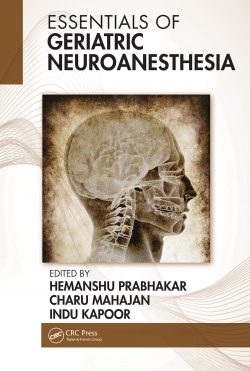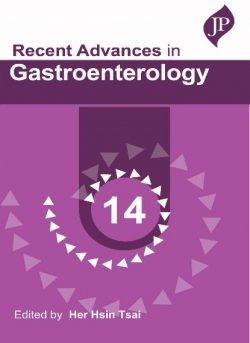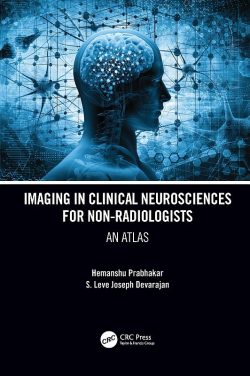This book is a critical examination of the philosophical and moral issues in relation to human enhancement and the various related medical developments that are now rapidly moving from the laboratory into the clinical realm. In the book, the author critically examines technologies such as genetic engineering, neural implants, pharmacologic enhancement, and cryonic suspension from transhumanist and bioconservative positions, focusing primarily on moral issues and what it means to be a human in a setting where technological interventions sometimes impact strongly on our humanity.
The author also introduces the notion that death is a process rather than an event, as well as identifies philosophical and clinical limitations in the contemporary determination of brain death as a precursor to organ procurement for transplantation. The discussion on what exactly it means to be dead is later applied to explore philosophical and clinical issues germane to the cryonics movement.
Written by a physician/ scientist and heavily referenced to the peer-reviewed medical and scientific literature, the book is aimed at advanced students and academics but should be readable by any intelligent reader willing to carry out some side-reading. No prior knowledge of moral philosophy is assumed, as the various key approaches to moral philosophy are outlined early in the book.
Chapter 1. Introduction.- Chapter 2. Biomedical Ethics.- Chapter 3. Humans, Transhumans and Humanoids.- Chapter 4. Pharmacologic Enhancement: Possibilities and Perils.- Chapter 5. Life, Death, and Brain Death.- Chapter 6. Cryonic Life Extension: Scientific Possibility or Stupid Pipe Dream?.- Chapter 7. Defending Attacks Against Transhumanism.- Chapter 8. Conclusions. Appendix. This book is a critical examination of the philosophical and moral issues in relation to human enhancement and the various related medical developments that are now rapidly moving from the laboratory into the clinical realm. In the book, the author critically examines technologies such as genetic engineering, neural implants, pharmacologic enhancement, and cryonic suspension from transhumanist and bioconservative positions, focusing primarily on moral issues and what it means to be a human in a setting where technological interventions sometimes impact strongly on our humanity.
The author also introduces the notion that death is a process rather than an event, as well as identifies philosophical and clinical limitations in the contemporary determination of brain death as a precursor to organ procurement for transplantation. The discussion on what exactly it means to be dead is later applied to explore philosophical and clinical issues germane to the cryonics movement.
Written by a physician/ scientist and heavily referenced to the peer-reviewed medical and scientific literature, the book is aimed at advanced students and academics but should be readable by any intelligent reader willing to carry out some side-reading. No prior knowledge of moral philosophy is assumed, as the various key approaches to moral philosophy are outlined early in the book.
Critically examines present and future technologies for human enhancement
Identifies strengths and weaknesses in the transhumanist and bioconservative arguments for and against human enhancement
Introduces the notion that death is a process rather than an event
Identifies philosophical and clinical limitations in contemporary brain death determination
Clarifies philosophical and clinical issues in the realm of cryonic suspension





